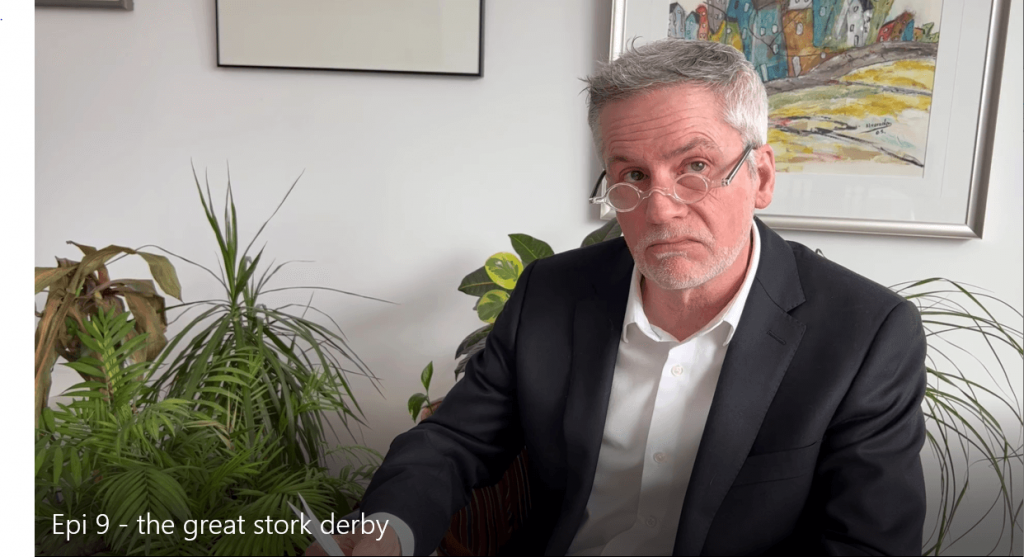Practice Areas
Estate Administration
If you have been appointed as an estate trustee (executor), you are responsible for the efficient administration of a person’s estate, likely someone you loved. We are here to assist you with every step.

“Estate administration” includes taking care of the affairs of a deceased person from the date of their death until the assets of their estate have been distributed to the beneficiaries in accordance with the deceased’s Will or Succession Law Reform Act.
The estate trustee (executor) is the person responsible for administering an estate. There can be more than one. For instance, a parent might appoint their adult children to act together as joint estate trustees, in which case the kids will share the duties.
Often, estates need to be probated. Probate is a court procedure which ultimately certifes the validity of a Will and appointment of the estate trustee. Once an estate has been probated, the estate trustee is formally authorized to deal with the deceased’s affairs but with this authority comes many legal obligations. Depending on the size and complexity of the estate, being an estate trustee can be a difficult and time-consuming job.
Completing your estate trustee duties in accordance with the law is important. If you are careless about your duties, you may be personally liable for errors, omissions, and negligence. In other words, you may have to pay out of pocket for errors which result in damage to the beneficiaries.
All to say, estate trustees often need legal advice.
We assist estate trustees with whatever legal advice and services they require from answering questions, to probate applications, to complete estate administration. Whatever you need help with.
Estate Administration at Scharf Estate Law
Being an estate trustee (executor)
If you have been appointed as an estate trustee, statutes and common law impose various obligations on you. Some of the most important include:
- Locate the Will
- Make funeral arrangements (practically, the deceased’s family usually does this before the estate trustee is involved)
- Identify, value, protect, and manage the estate’s assets
- Pay the estate’s debts, including funeral expenses and income tax
- Probate the Will, if required, and report the estate’s assets to the Ministry of Finance
- Obtain proof of death certificates (banks, insurance companies, and other institutions will require a death certificate before they release funds)
- Determine who the beneficiaries are (this is usually simple, but can be complex if there is no Will or it is ambiguous)
- Assist family with urgent financial needs (taking care not to pay out more than is reasonable considering the size of the estate)
- Account to beneficiaries for all expenses
- Distribute the assets in accordance with the Will or Succession Law Reform Act
This is not an exhaustive list, and the Will may set out additional duties too. Although estate trustees are not required to be experts, they are required to act in the best interest of the beneficiaries, always. If you are in doubt as to your duties or what action you should take, seek advice from the appropriate experts (lawyers, accountants, or financial planners).
_____
For more information:
As an estate trustee, do I get paid?
Lawyers love to plan for conflict — prepare your estate trustee (executor) for their job
Probate (what it is & how to probate a Will)
Often, “probate” is needed for an estate trustee (executor) to fulfill their duties and distribute an estate’s assets to beneficiaries.
If someone has appointed you as the estate trustee in their Will, or someone close to you has died without a Will, you may want help with probate.
To obtain probate, one applies to the Ontario Superior Court of Justice (OSCJ) for a “Certificate of Appointment of Estate Trustee.” If the deceased had a Will, this court-issued certificate confirms two things: the Will presented in the application is valid, and the person appointed as estate trustee can fulfill their role. When someone dies without a Will, this certificate appoints someone as the estate trustee (often the surviving spouse) who is then authorized to deal with the estate in accordance with the Succession Law Reform Act.
Not all estates require probate, but if the deceased was the sole owner of real estate or had significant assets at a financial institution, probate will be required. Probate assures banks and beneficiaries the deceased’s real estate and financial assets are correctly distributed.
The probate procedure is also the opportunity for someone to challenge a Will or an estate trustee. Interested parties like family members should be notified of applications for a Certificate of Appointment of Estate Trustee. If they believe there is something wrong with the Will or estate trustee, they can intervene to challenge theWill or appointment.
For example, if you believe the deceased was unduly influenced to change their Will, you should intervene during the probate procedure before the OSCJ issues a Certificate of Appointment of Estate Trustee. Otherwise, once a certificate has been issued, the Will and estate trustee are confirmed and challenges become problematic.
As noted at Apply for probate of an estate | ontario.ca:
Probate is time and labour intensive… You should contact a lawyer if you want them to apply on your behalf or you have questions about:
whether a probate application is necessary
how to apply for probate of an estate
your legal duties and responsibilities as an estate trustee
your legal risks
You may also want to speak with a lawyer if you believe another person may challenge your application or make a claim against the estate.
For more information:
Blog: Who gets the house? A Case Study: What happens when someone dies without a Will?
How much do estate administration services cost?
Note that legal services provided to an estate trustee are generally paid by the estate and deducted from the estate trustee’s compensation. In other words, as estate trustee, you do not pay for legal services out of your pocket, the estate pays before the assets are distributed. Another way of thinking about this is that the beneficiaries share the cost of the estate trustee’s compensation which includes legal services, the estate trustee does not pay for them personally.
These prices are our best estimate, without knowing everything about your specific needs. These prices include consultations as required, drafting, review, validation, and execution of all required documents.
Before you retain Scharf Estate Law to act on your behalf, we will quote an exact price or, where applicable, an hourly rate with an estimate of the hours which will be required.
Simple probate, with or without a Will (you are the sole estate trustee and sole beneficiary)
|
$1000 |
| For more complex probate, fees are based on the value of the estate declared in the probate application. | Legal fees for estate services |
|
Administration of an estate on your behalf
|
Agreed in advance and paid by the estate |
| Hourly rate for advice and services you select | $250/hour |
Blog, Vlog & News



